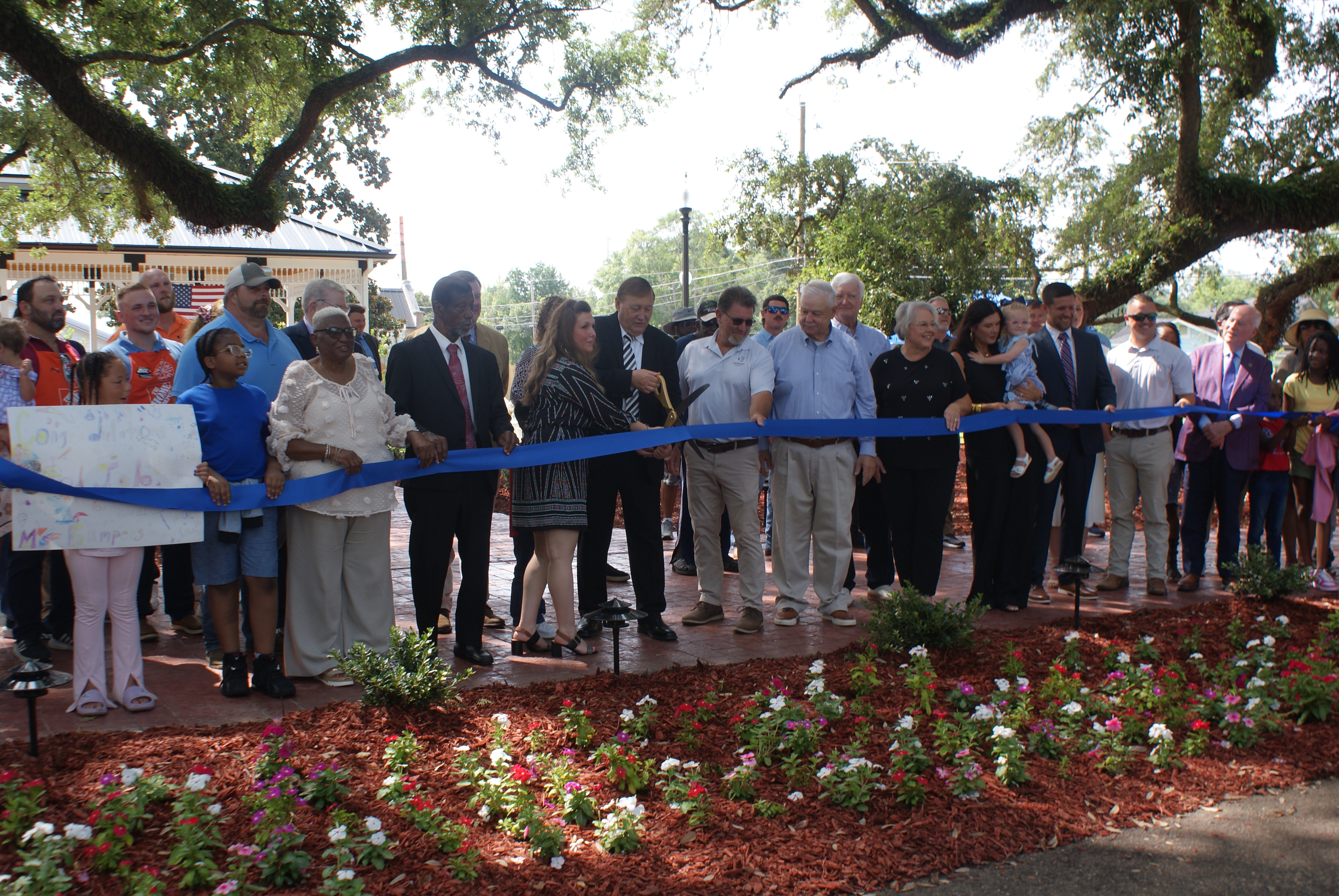Miss. Supreme Court says notice issue for Lafayette Co. jury
Published 9:45 pm Tuesday, December 26, 2006
The Mississippi Supreme Court, in a majority opinion written by Justice Mike Randolph earlier this month, ruled a local judge erred in denying Garrison’s request that a Lafayette County jury consider whether he should have been notified that he was required to register after having served out his sentence.
One justice, however, said Garrison should be released from custody because the 2000 law should not apply to him.
Garrison pleaded guilty in 1978 to one count of rape and two counts of armed robbery. Garrison served his sentence and was released from prison in 1992. He lived in Tennessee from 1995 until 2003, when he moved back to Mississippi.
In 2000, the Mississippi Legislature passed a law requiring sex offenders to register with the Department of Public Safety. The law was made applicable to all sex offenders.
Garrison was arrested in 2004 in Lafayette County for failing to register as a sex offender. He was convicted in Lafayette County in 2005 and sentenced to life in prison as a habitual offender, according to the court record.
Randolph said while ignorance of the law is no defense, whether Garrison knew he had to register as a sex offender was a factual issue for a jury to decide.
“In order to sustain a conviction, the jury must find beyond a reasonable doubt that the state has proved that Garrison had actual knowledge of the duty to register, or that the state proved the probability of such knowledge.
“If, however, the state fails to convince the jurors beyond a reasonable doubt that Garrison knew of the duty to register or of the probability of such knowledge, then the defendant should be exonerated,” Randolph wrote.
Justice James E. Graves, in a dissenting opinion, said the 2000 law as it applies to persons convicted before it took effect should be declared unconstitutional and Garrison should be released from prison.
Graves said testimony at the trial was that law enforcement officers knew Garrison was living in Lafayette County but made no attempt to register him as a sex offender. Graves said testimony was that Garrison should have known from news media reports that he had to register.
Graves said it was only after Garrison’s arrest that he was registered as a sex offender.
“It is unreasonable to conclude that a person who committed a crime in 1977, was convicted and sentenced in 1978, completed his sentence and was released in 1992, and then saw a report about a law which was passed in 2000, should come to the legal conclusion that the new law was applicable to his decades-old offense,” Graves said.





